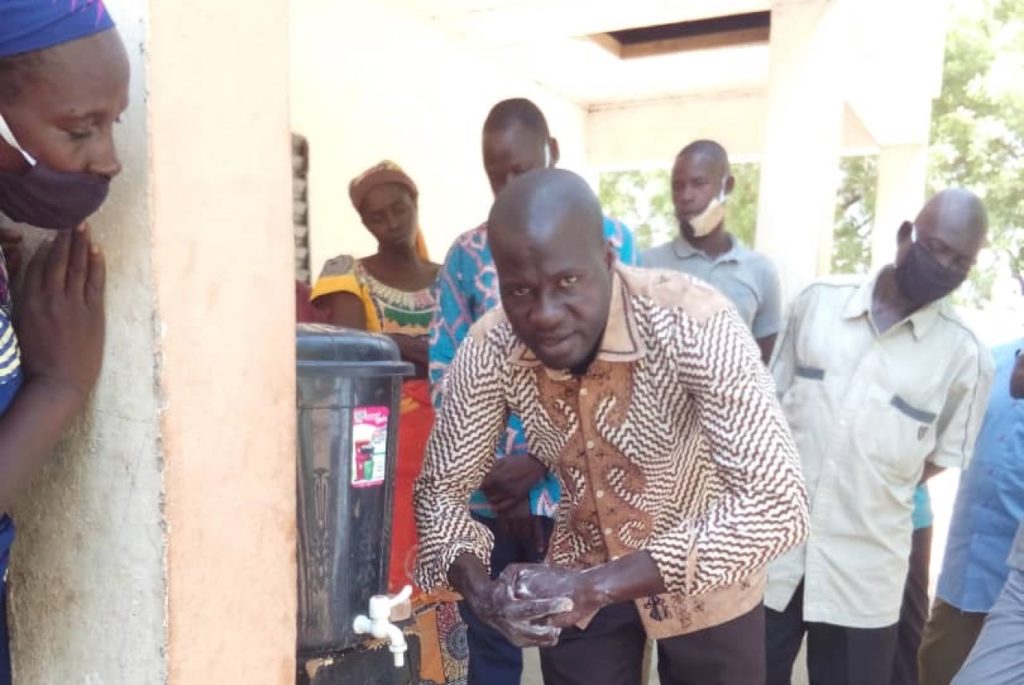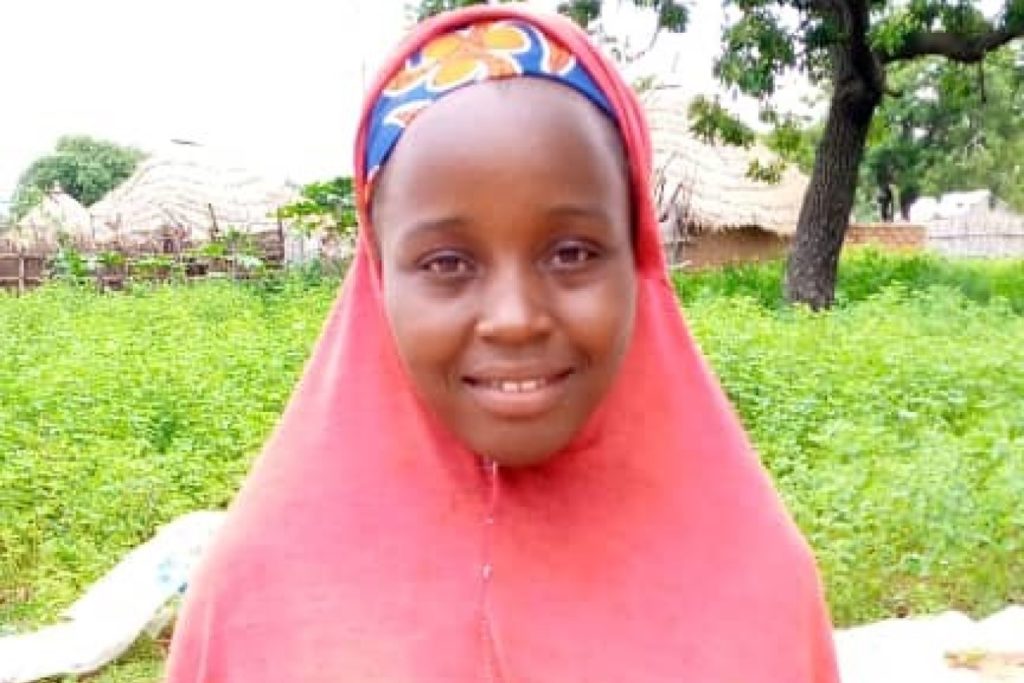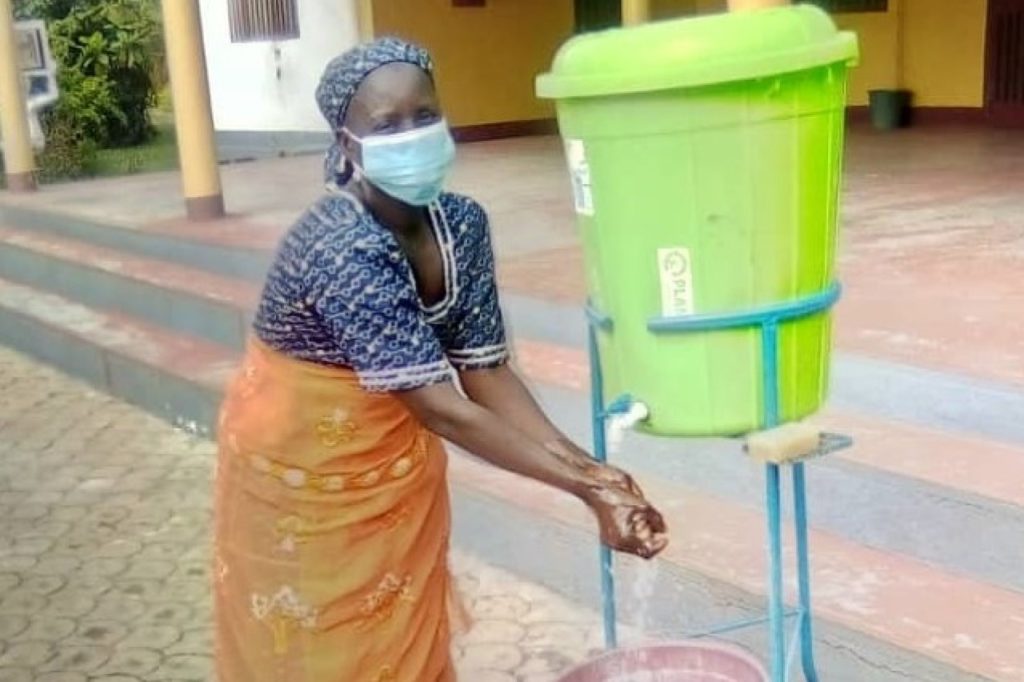Cameroon was already in a vulnerable position prior to the outbreak of the deadly COVID-19 pandemic this year.
Conflict and insecurity have prevailed in three distinct regions across the country in recent years: the Far North region has been suffering from the impact of the Lake Chad crisis; the Eastern region is hosting a large refugee population displaced by the conflict in Central African Republic; and the North West and South West regions are increasingly insecure due to intensifying clashes between Non-State Armed Groups and the government. The health service is stretched and has limited resources to cover a very large geographical area. The first recorded case of COVID-19 in the country was on the 19th of March this year, and over 22,000 cases have been recorded to date with 429 reported deaths.

With the support of Irish Aid, Plan International’s emergency response in Cameroon aimed to reduce the impact of the COVID-19 pandemic in isolated and rural areas. The actions targeted adults, youths and children in the North Region of Cameroon, and had two key focuses – capacity building to support the health service, and improving hygiene behaviours in communities.
During the project, community health workers were trained in COVID-19 prevention, and on how to safely conduct community awareness-raising activities on the disease. A national ban on public gatherings of over 50 people made large gatherings to educate communities about the virus impossible, so the solution was for community health workers to safely conduct door-to-door sensitizations instead. Messages were delivered to a total of 69,235 people in 5 districts via the project. In addition, messages were also translated into local languages Lame, Fali and Toupouri and broadcast on the radio to ensure they were accessible to those who do not understand French or English.
Amadou N, a health worker from the Gaschiga health district says: “before the training, I had no idea of what the terms ‘suspected case’, ‘confirmed case’ or ‘close contact’ meant. I knew the various barrier measures that the government had put in place, but I did not understand how exactly the virus was transmitted and acquired.”
For two days, the community health workers were trained on the various terminology related to the COVID-19 pandemic, on various symptoms of the disease and how to recognise a suspected case. They also received training on contact tracing, and reporting of suspected cases. After their training, they were deployed to the field to sensitize the population. Through demonstrating proper hand washing, they helped people to realise the need to wash their hands regularly and properly.
Amadou has noticed a significant change in behaviours in the community: “People were reluctant at first to put on face masks but thanks to our sensitization, they now wear their face masks every time they leave home. We also worked with the Fulanis who live in encampments that are separated from the rest of the community to ensure they received the messages on how to prevent the virus from spreading.“


Haoua K. who lives in Lagdo says: “We were hearing about coronavirus on the radio and on TV but when it entered into our community, we were very scared. Thanks to Plan International Cameroon, we now have enough knowledge about the virus and how to prevent its spread. I now move around with my face mask always. We also received soap to wash our hands regularly. Thanks to this effort, we have successfully kept the virus out of our community. We shall continue to respect the prevention measures so that our community can stay safe”.